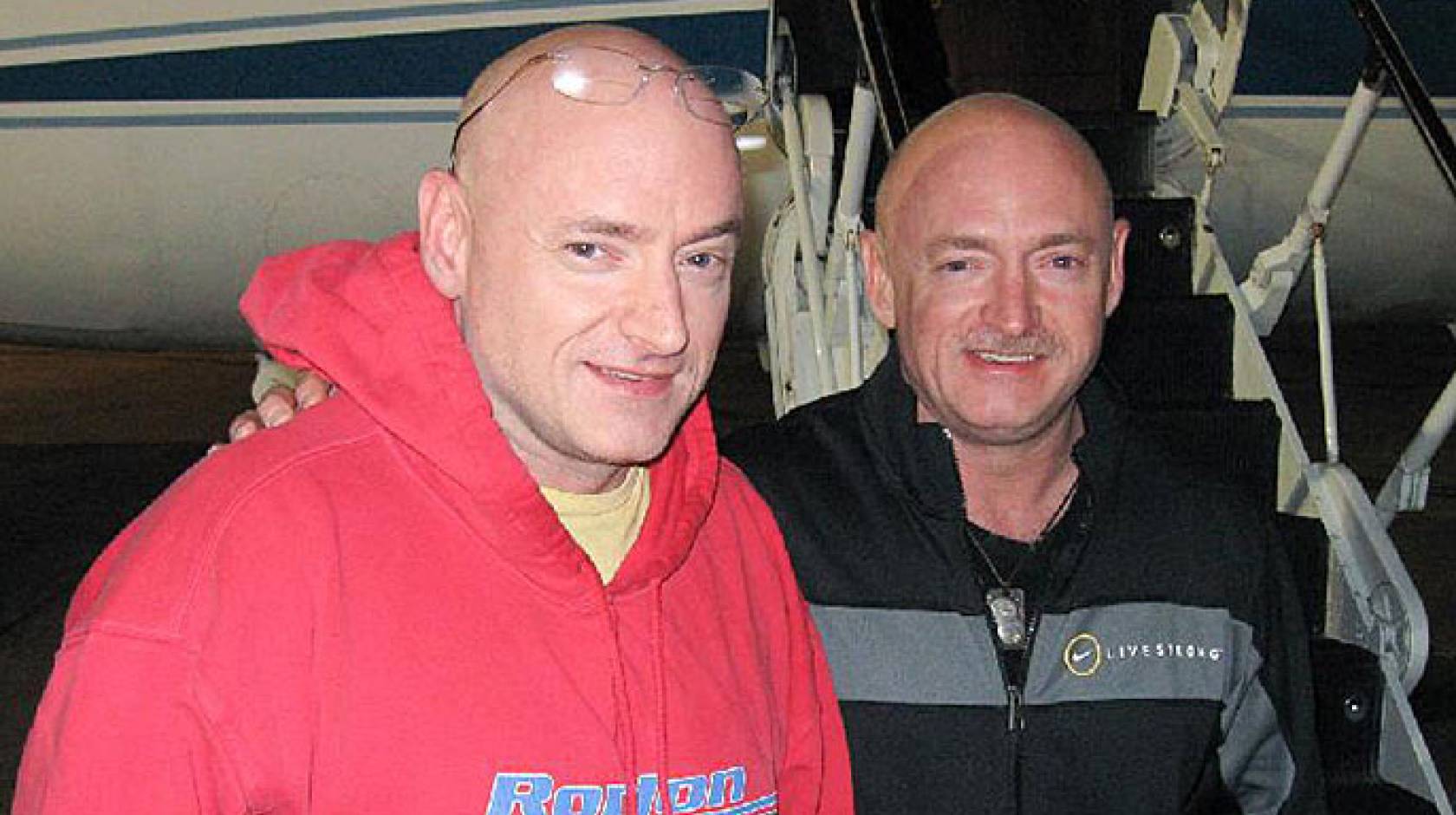Christina Johnson, UC San Diego

Brinda Rana, a professor at the UC San Diego School of Medicine, has been awarded NASA funding to study fluid flows in the brains of identical twin astronauts — one of whom will spend a year in space, while the other is left on Earth.
Her project, one of 10 funded through NASA’s $1.5-million twin astronaut study, will look at how long-term space flight affects fluid pressure in the brain and its implications for vision, during and after space travel has ended.
“Our bodies are adapted to an environment in which gravity pools fluids toward our legs,” Rana said. “In space, fluid flows upward. Our project will examine the effects of spaceflight on the proteins that regulate vasoconstriction and dilation, and fluid regulation.”
“Like other NASA innovations, such as memory foam and cordless tools, these studies could potentially impact health care on Earth,” Rana said.
The project that she is leading, for example, may shed light on potential new treatments for traumatic brain injury, glaucoma and “water on the brain.”
Only one set of twins — astronauts Scott and Mark Kelly — has ever been to space, making them “an unprecedented opportunity” for scientists to learn about the physiological and molecular effects of space flight, NASA officials say.
“Studying identical twins enable us to control for 100 percent of genetic factors and shared environmental factors,” Rana said.
In March 2015, Scott will begin a one-year stay on the International Space Station while his brother, Mark, will remain on Earth and serve as “ground control.” Mark is the husband of former U.S. Rep. Gabby Giffords (D-Ariz.), who suffered a traumatic brain injury when she was shot in the head outside a grocery store in 2011.
Blood and urine samples will be collected from the twins before, during and after the mission to search for genetic, proteomic (protein-related), metabolomic and molecular markers of the effects of — and adaptations to — space flight.
The standard stay on the space station is approximately six months. No human has ever lived in space for an entire year. For those who still dream of manned space explorations of, say, Mars, where evidence of flowing, liquid water was recently reported, the projects will gather the type of information needed for more distant explorations of the solar system.
“NASA needs to understand the long-term impact of these missions in order to identify strategies to monitor health outcomes and reduce health risks,” she said.
Rana is also a co-investigator on a project led by Stuart Lee, a lead research scientist for Wyle Integrated Science and Engineering at NASA Johnson Space Center’s Cardiovascular Laboratory, which focuses on understanding the effects of space on heart health.
Other projects funded through the twin study will examine the effects of near-zero gravity, radiation and other space-related environmental stressors on gut flora, immune function and the aging process.
UC San Diego co-investigators on the projects include Dr. Kumar Sharma, Alan Hargens, Vivian Hook, Brandon Macias and Dorothy Sears.

